Clinical Neurosciences
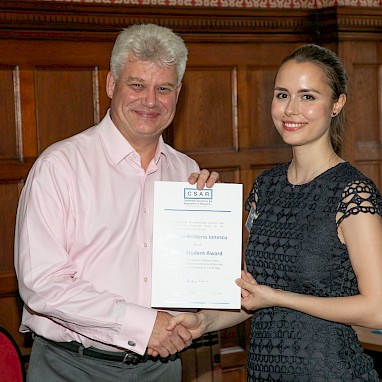
Bristena is a third year PhD student in the Pluchino group at the Department of Clinical Neurosciences. She grew up in Romania where she received a medical degree from Carol Davila University of Medicine and Pharmacy Bucharest, while working as a voluntary research assistant. Bristena later secured the Medical Research Council Doctoral Training Partnership, and the School of Clinical Medicine Cambridge Trust Scholarship to pursue a PhD at the University of Cambridge. Her doctoral research aims to explore how cellular reprogramming techniques can be applied to generate robust platforms for the interrogation of novel metabolic mechanisms of disease and therapeutic targets in progressive multiple sclerosis. Following the completion of her PhD, Bristena plans to pursue a clinician-scientist track to continue her commitment towards translating scientific discoveries into concrete clinical advancements that can positively impact patients’ lives.
Three million people are estimated to live with multiple sclerosis (MS), a costly neurological disease that solely develops in humans. Animal-based disease models have so far facilitated an incomplete understanding of the basic mechanisms of disease progression, for which there are no therapeutic options. At the same time, the accessibility to cells of the human central nervous system is extremely low, and solely allows for end-state descriptive assessments. A first critical step toward addressing the unmet therapeutic needs in progressive MS (PMS) could entail establishing scalable, fully human disease modelling systems. In my PhD, I used a stem cell-based patient-derived model to uncover a novel, druggable, PMS metabolic signature that regulates neurodegenerative damage, and validated my findings in human brain samples from PMS patients. These findings establish patient-derived stem-cell modelling platforms as a promising tool for the identification of new druggable mechanisms for progression in MS.
As the first author of this study, I led this work, under the supervision of Dr. Stefano Pluchino. Specifically, I coordinated various multidisciplinary groups from Cambridge and the University of Colorado, I designed the study, developed the protocols, performed, or supervised the experiments, analysed the data and am currently writing a manuscript covering this body of research.
Other 2023 award winners
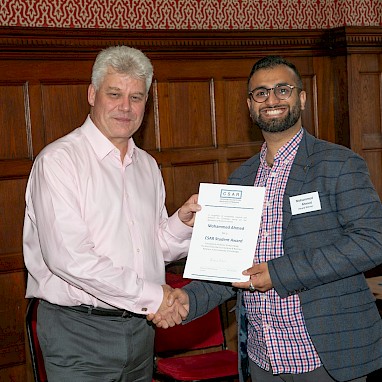
Mohammed Ibraheem Ahmed
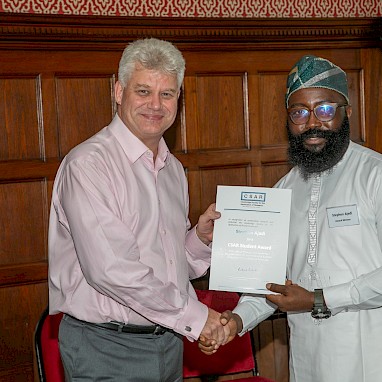
Stephen Ajadi
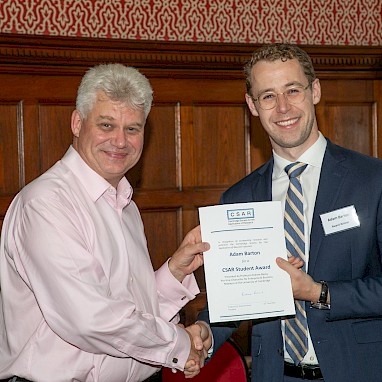
Adam Barton
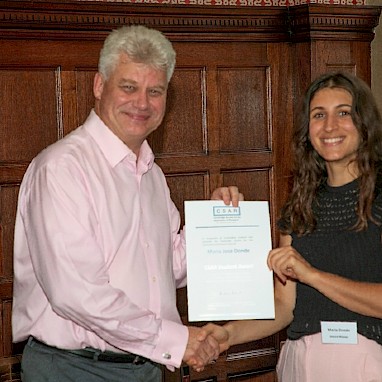
Maria Donde
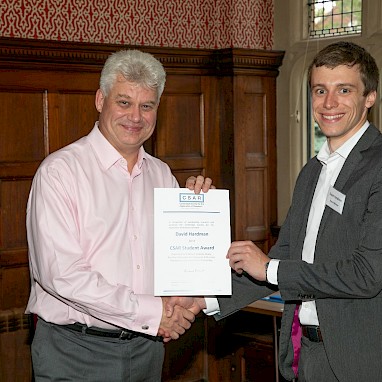
David Hardman
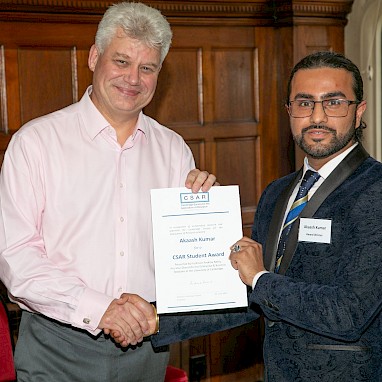
Akaash Kumar
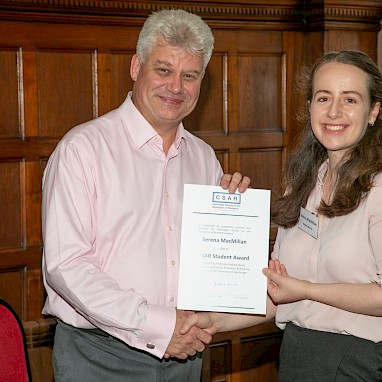
Serena MacMillan
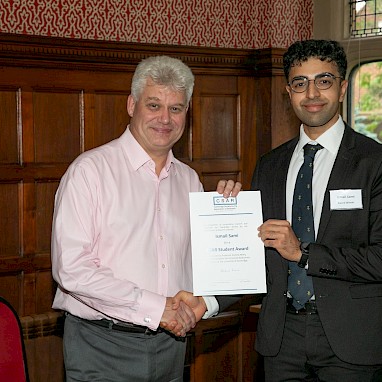
Ismail Sami
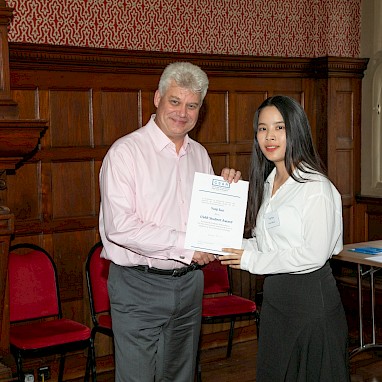
Yuqi Sun
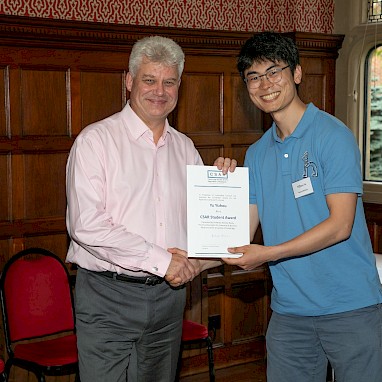
Yizhou Yu
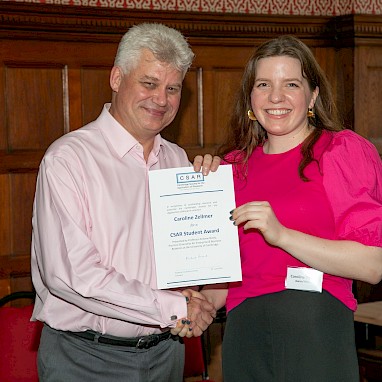
Caroline Zellmer